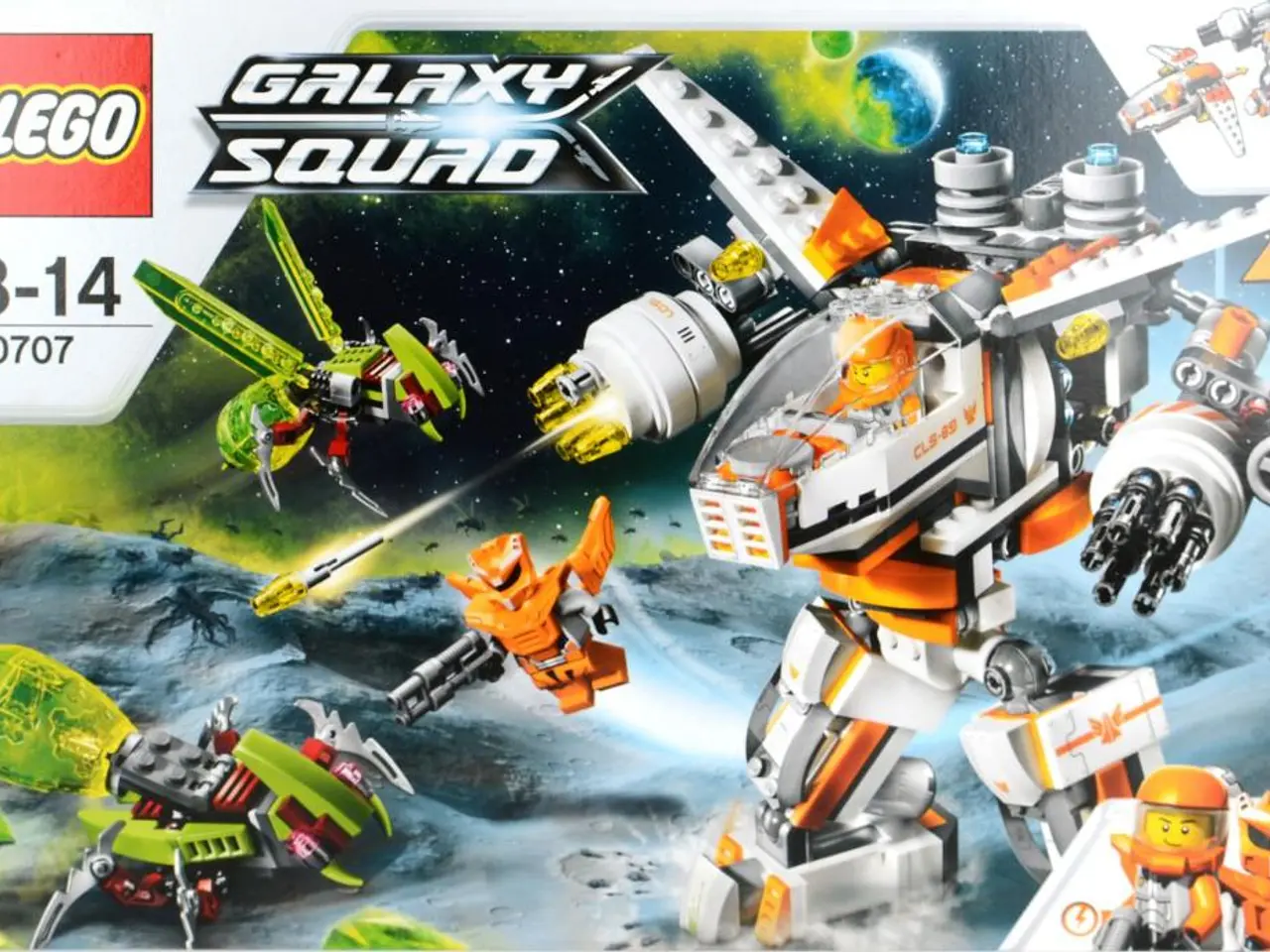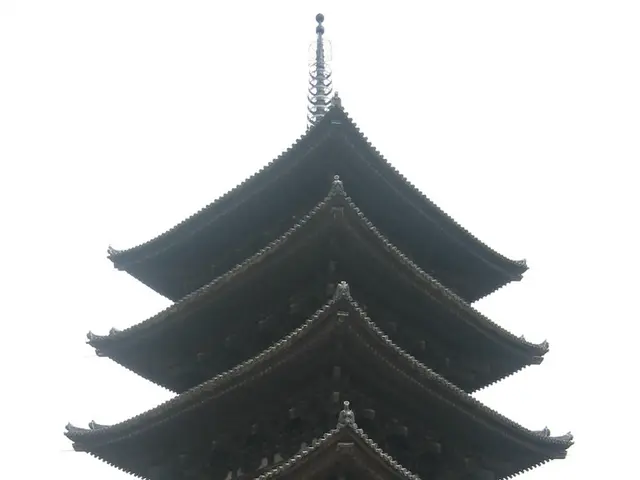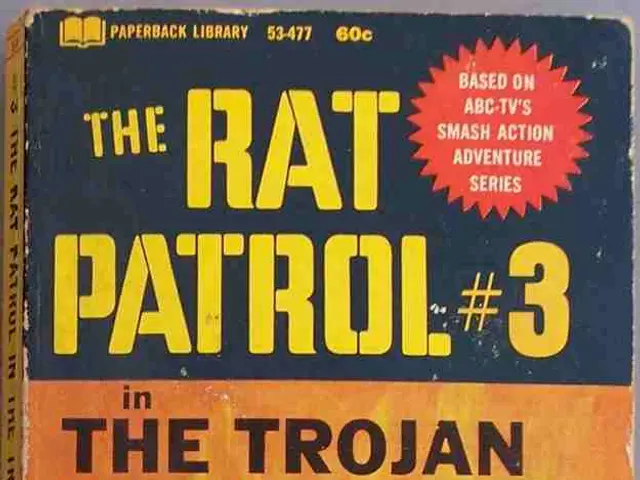Tesla Abandons Dojo Supercomputer Development
Tesla, the electric vehicle and clean energy company led by Elon Musk, has announced a significant shift in its AI hardware strategy. The original Dojo supercomputer project, designed to train Tesla's AI models for Full Self-Driving and other applications at a massive scale, has been officially discontinued [2][4]. However, the spirit and technological vision of Dojo live on through Tesla’s strategic pivot to the AI6 chip initiative.
The AI6 chip, a custom-designed unified AI processor, is intended to consolidate Tesla’s hardware needs for Full Self-Driving, the Optimus humanoid robot, and the AI training platform that Dojo originally aimed to realize [1]. AI6 represents a convergence in Tesla’s chip architecture — a “one chip for all” approach that replaces the earlier separated chip and supercomputer strategy with a scalable, modular solution [1][5].
According to Elon Musk and independent analysis, AI6 will be produced by Samsung in a large-scale $16.5 billion fabrication deal, with manufacturing in Texas [1]. AI6 is designed for both neural network training and inference, emphasizing high memory bandwidth, extensibility, and compatibility with mainstream ML frameworks [4].
Tesla envisions building its next-generation AI training supercomputer (informally “Dojo 3”) by clustering AI6 modules alongside GPUs from partners such as Nvidia and AMD — a hybrid architecture combining Tesla’s custom silicon with proven external hardware to achieve state-of-the-art training performance without the complexity of the original Dojo [4].
Elon Musk described AI6’s performance as a significant step forward beyond prior chips, such as the AI4 and AI5, and confirmed the AI6 project as the functional successor to Dojo [3][5]. The AI6 system-on-chips may arguably live on in the form of large boards, following the ultra-fast interconnect design of Dojo's unique system-on-wafer.
The former Dojo lead, Ganesh Venkataramanan, left the project less than two years before its scrapping. The reasons for the project's termination have not been provided. Tesla announced plans for a $500 million Dojo-powered supercomputer in Buffalo, New York, in January 2024 [6].
In summary, while the original Dojo supercomputer project has been disbanded, its spirit and technological vision have shifted into the AI6 chip initiative. AI6 embodies the next-generation AI hardware Tesla will deploy across its product ecosystem and for AI training, representing a strategic shift from bespoke supercomputer construction to a modular, scalable chip-centric platform optimized for both in-car AI and data center training workloads [2][3][4][5].
Read also:
- The Reason Behind the Absence of Jeep Gladiator 4xe Hybrid Model from the Market
- Enhancing Plant Productivity through LCCP Audit by FUCHS LUBRICANTS
- Improved Retailing at Do It Best Through Adoption of Hawksearch for Enhanced, Customized Commerce Experiences
- Remarkable Automotive Leaders of the 20th and 21st Centuries: Wards100's List








